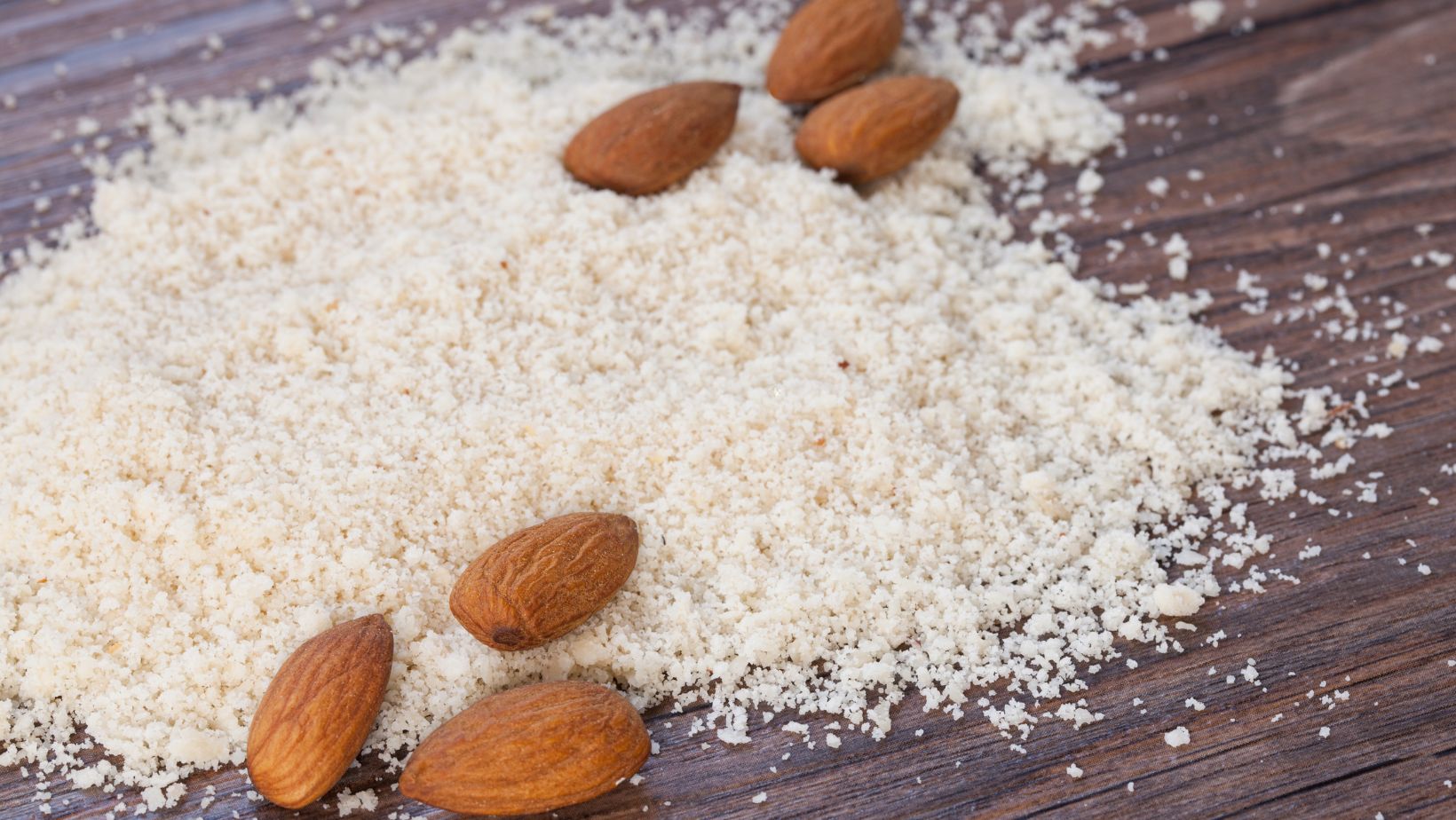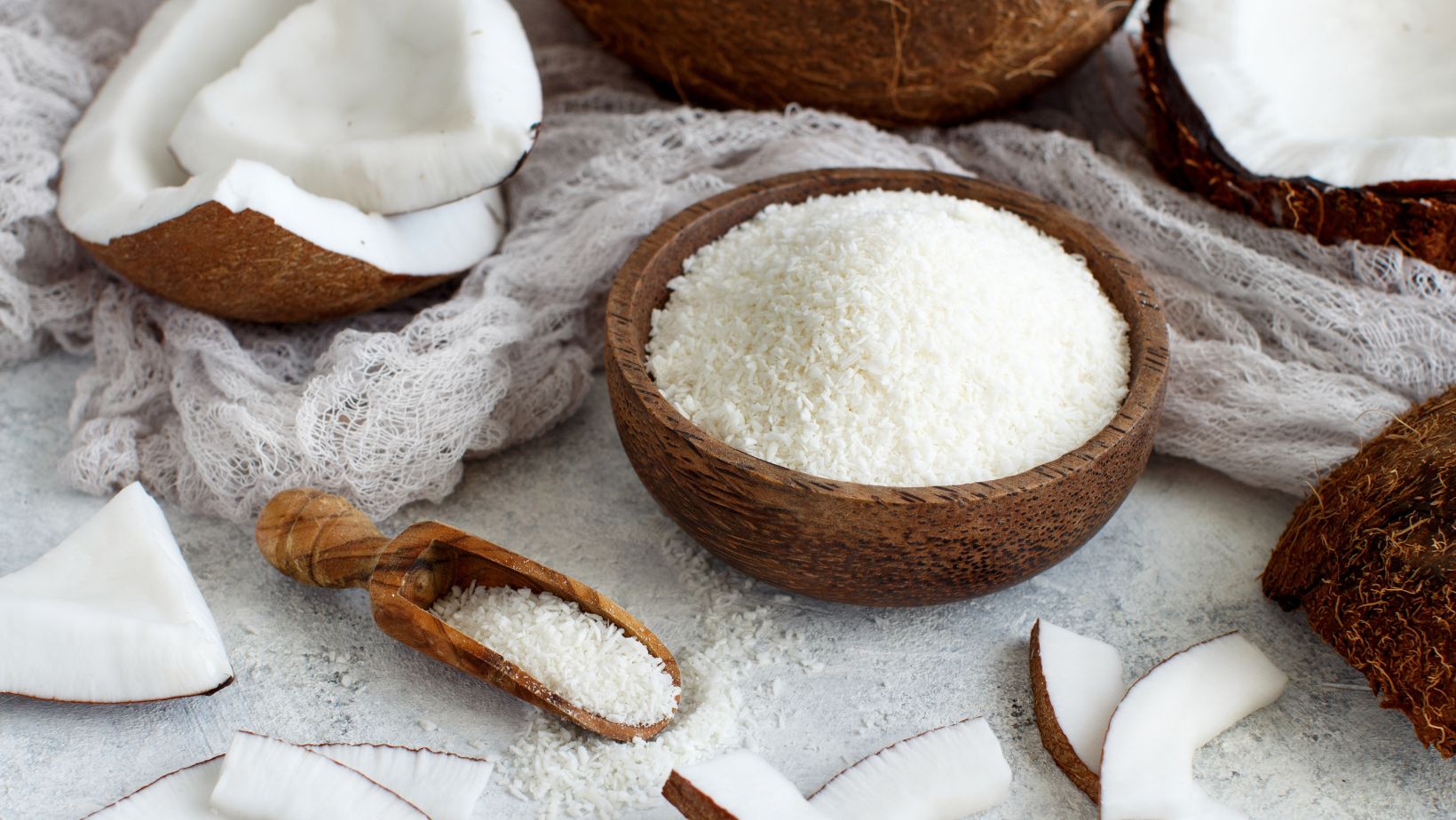
Cornstarch Substitute for Frying Keto
Looking for a keto-friendly alternative to cornstarch for frying? Well, I’ve got you covered! As an expert in the world of low-carb cooking, I understand the challenges of finding suitable substitutes. Luckily, there are several options that can give your fried dishes that crispy texture without compromising your ketogenic lifestyle.
One popular substitute for cornstarch is almond flour. Not only is almond flour low in carbs, but it also adds a delicious nutty flavor to your dishes. Simply coat your meats or vegetables in almond flour before frying and enjoy the satisfying crunch. Another option is coconut flour, which is rich in fiber and imparts a subtle tropical taste. Both almond and coconut flours work well as binding agents and provide a similar texture to cornstarch when used for frying.
If you’re looking for something with even fewer carbs, psyllium husk powder may be the answer. This natural fiber supplement not only helps with digestion but also acts as an excellent thickener and binder in recipes. It’s important to note that using psyllium husk powder requires careful measurement and experimentation as it absorbs moisture differently than cornstarch. However, once you find the right ratio, you’ll be amazed at how well it works as a keto-friendly substitute for frying.
Almond Flour as a Cornstarch Substitute for Frying
When it comes to following a keto diet, finding suitable substitutes for high-carb ingredients is crucial. In the case of frying, almond flour emerges as an excellent alternative to cornstarch. Almond flour is made from finely ground blanched almonds and offers a low-carb, gluten-free option that still provides a satisfying crunch.
One of the main advantages of using almond flour for frying on a keto diet is its significantly lower carbohydrate content compared to cornstarch. While cornstarch can contain around 7 grams of carbs per tablespoon, almond flour typically contains only 2-3 grams of carbs in the same amount. This makes almond flour more compatible with the strict carbohydrate restrictions of a keto lifestyle.
Not only does almond flour help keep your carb intake in check, but it also offers additional health benefits. As almonds are packed with healthy fats and fiber, using almond flour in your frying recipes can provide you with essential nutrients while keeping you satiated. The presence of healthy fats promotes better blood sugar control and supports overall heart health.
Coconut Flour as a Cornstarch Substitute for Frying
When it comes to finding a suitable substitute for cornstarch in frying, coconut flour emerges as an excellent choice. This versatile and gluten-free flour not only adds a delightful flavor but also offers several advantages over traditional cornstarch.
Firstly, coconut flour is low in carbohydrates, making it an ideal option for those following a keto or low-carb diet. Unlike cornstarch, which contains higher amounts of carbs, coconut flour can help you maintain your dietary goals without compromising on taste or texture.
Coconut flour also boasts a high fiber content. This means that when used as a substitute for cornstarch in frying, it can add some extra nutritional value to your dishes. Fiber aids digestion and helps keep you feeling fuller for longer periods, promoting overall gut health.
Furthermore, coconut flour has the ability to absorb more liquid compared to cornstarch. This means that when used as a coating for fried foods, it creates a crispy and crunchy outer layer while retaining moisture inside. The result is perfectly fried dishes with a satisfying texture that won’t leave you disappointed.
Psyllium Husk Powder as a Cornstarch Substitute for Frying
When it comes to following a keto diet, finding suitable substitutes for high-carb ingredients can be challenging. That’s where psyllium husk powder comes in handy as a cornstarch alternative for frying. Psyllium husk powder is derived from the seeds of the Plantago ovata plant and is known for its impressive binding properties.
Psyllium husk powder contains soluble fiber, which forms a gel-like substance when combined with liquid. This gel helps to absorb moisture and create a crispy texture on fried foods without adding unnecessary carbohydrates. Moreover, psyllium husk powder is low in net carbs, making it an excellent choice for those on a ketogenic diet.
In addition to being keto-friendly, psyllium husk powder offers other health benefits. It aids digestion by promoting regular bowel movements and can help regulate blood sugar levels due to its high fiber content. These added advantages make it an appealing option for individuals looking for healthier alternatives while still enjoying delicious fried dishes.

